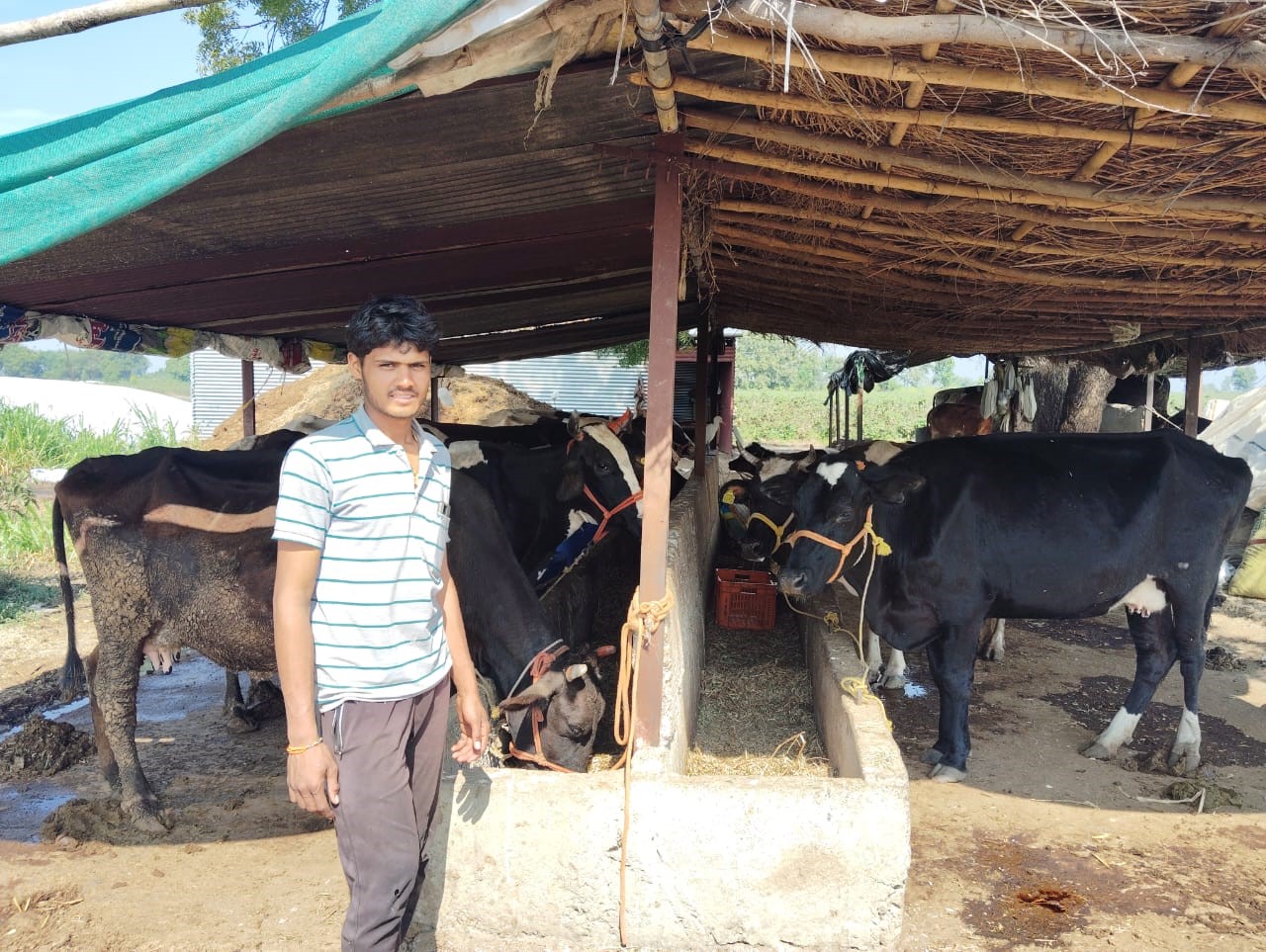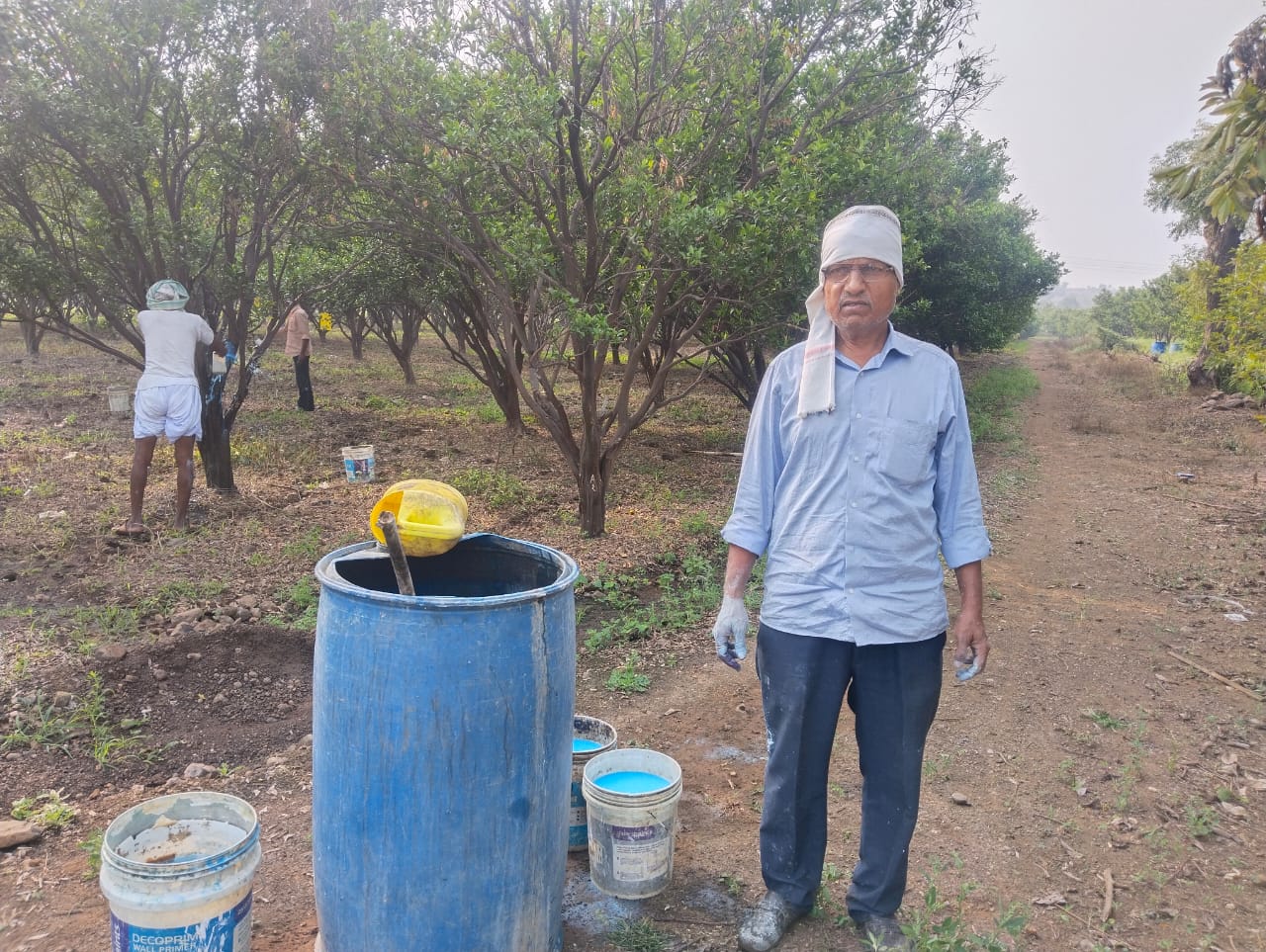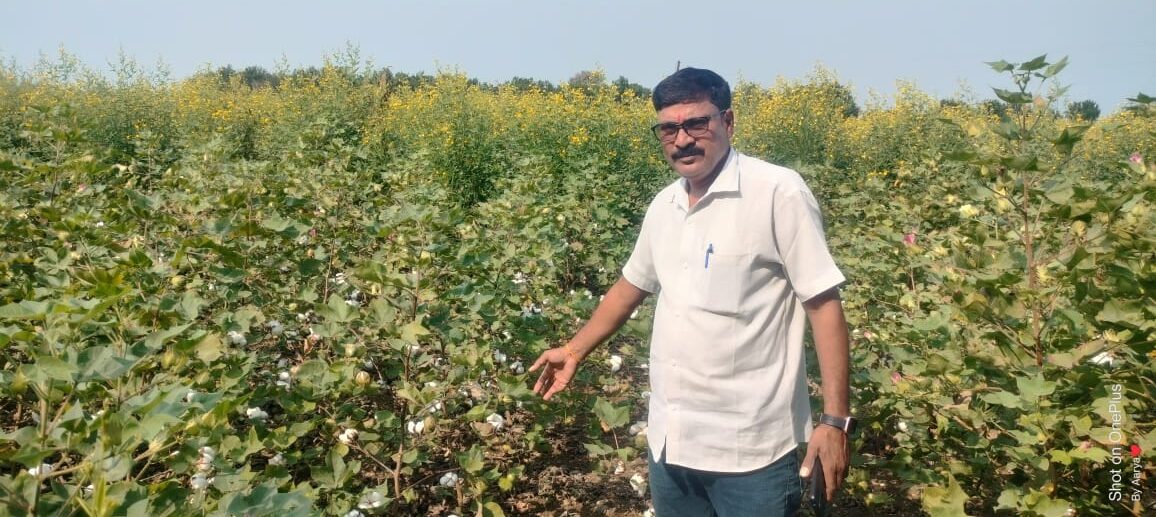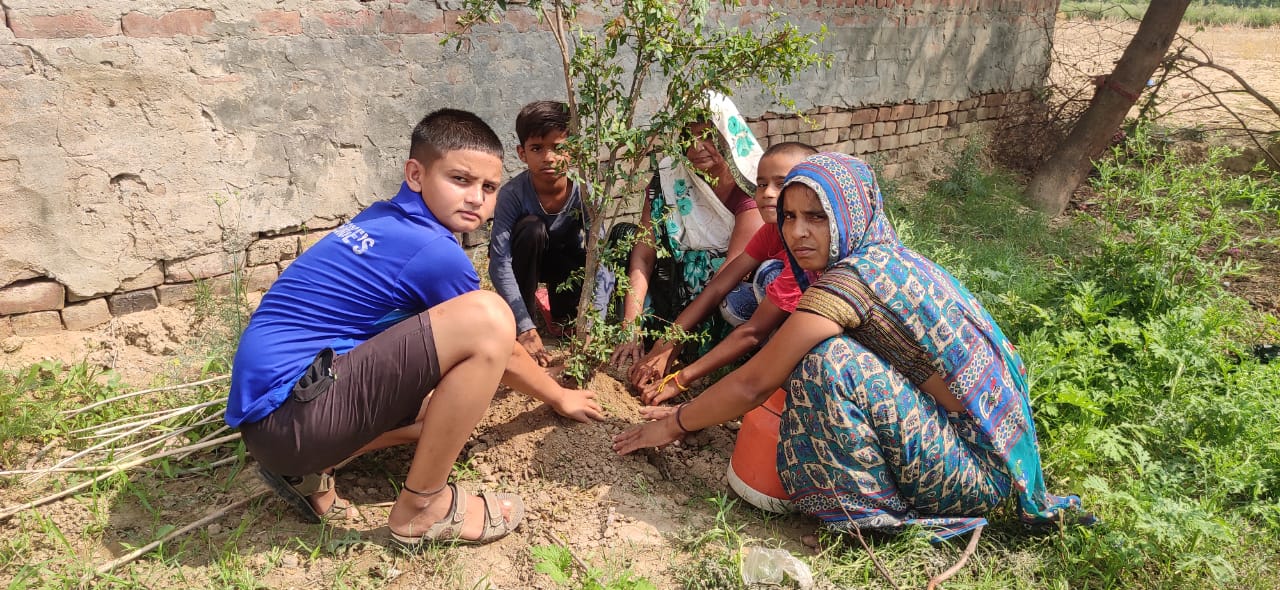Solidaridad is working to develop and promote regenerative models of agriculture that protect soils, conserve water and empower smallholder farmers in India and Asia
For Solidaridad, changes mean power to the people (inclusivity), respect for the planet (producing in balance with nature) and a fair share for everyone in the supply chain (prosperity). In this process, Solidaridad contributes to several of the Sustainable Development Goals.
Regenerative agriculture model
In alignment with its overall mission and vision, Solidaridad is working to develop and promote regenerative models of agriculture that protect soils, conserve water and empower smallholder farmers in India and Asia. Agriculture is at the centre of a number of global challenges today—from climate change, water-use inefficiency, degraded soils, loss of biodiversity to the staggered social and economic development. Acknowledging the issues, Solidaridad is making headway towards regenerative agriculture across multiple agricultural supply chains to overcome these challenges. The Cotton programme in India is an example where this new model of farming is being implemented, holding the promise of providing sustainable food and fibre while regenerating the planet.
Amidst the pandemic during 2020-2021, the cotton team in India launched the regenerative model of agriculture with 8,000 farmers in Vidarbha, Maharashtra. The promotion of regenerative agriculture is part of Solidaridad’s intent to focus on strengthening agricultural resilience through a combined set of soil restoration practices.
The conventional farming model has shown its limits. Climate change has been accelerating; biodiversity disappearing; water scarcity is rampant and the quality getting poorer by day. Also, poverty persists with no solution in place. Given the current rate of rapid depletion and degeneration of natural resources, we will struggle to find enough arable soil to feed the growing population in the next few decades. Embracing the regenerative model is thus the need of the hour to transform agriculture from a challenge to a solution that promotes production in harmony with nature.
Solidaridad’s regenerative agriculture model in Vidarbha is implemented by adopting the ‘regenagri framework’, an international programme that advocates securing the health of the land and the wealth of those who live on it. The interventions are focussed on transitioning the cotton farmers to holistic farming that increases soil health, encourages biodiversity, reduces greenhouse gas emissions and leads to enhanced CO2 sequestration. The programme is also enabling the farmers to generate additional income through carbon credit. So far, approximately 5,000 to 8,000 tonnes of carbon have been sequestered through the programme (currently under evaluation), and about 10,000 trees planted. As many as 8,000 farmer plots have been brought under border cropping; several water bodies restored and use of chemical fertilisers and pesticides reduced by 70 per cent. Additionally, about 52,000 cotton farmers receive direct digital advisories weekly. The regenerative agriculture and sustainable production practices are not only benefitting the environment, but have also augmented the farmers’ yield and income by 10 per cent and 20 per cent respectively.
As a civil society organisation, Solidaridad believes one of the most important ways in which we can deliver large societal and environmental impacts is through the agricultural principles we adopt and promote. Agriculture today represents 60 per cent of GHG emission and roughly 80 per cent of water consumption. Through agriculture, we touch the lives of communities around the world. Starting with 8,000 farmers, Solidaridad’s ‘regenagri’ model is slated to scale to 25,000 farmers in the Vidarbha and Marathwada regions of Maharashtra and Adilabad district of Telangana. The aim is to bring better management practices in cotton cultivation through regenerative practices. Compared to conventional farming, regenagri has the potential to reduce CO2 emissions by around 50 per cent and also lower the dependency on chemical fertilisers (such as N2O). It emphasises on adoption of crop residue and farm manure for effective carbon sequestration in the soil, to the tune of approximately 1.2 tonnes CO2/ha.
Linkages with the SDGs
Solidaridad’s regenerative agriculture programme directly contributes to the 2030 SDG framework. It is in alignment with the anti-poverty strategy (SDG1), particularly for rural areas. The programme advocates practices that lead to reduced input costs and increased income for small farmers. It also enhances farm biodiversity and resiliency in light of changing weather patterns.
Conventional agriculture cannot be effectively practised in marginal areas with no irrigation available and poor access to external inputs. Solidaridad’s regenerative agriculture programme provides solutions to improving yields in a sustainable way in marginal areas (SDG2).
Inappropriate use of agrochemicals, including pesticides and herbicides, and their residues in food are known sources of modern illnesses. The regenerative programme is Solidaridad’s way of handling this issue, helping improve the well-being of farmers and consumers. It also focusses on proper management of resources, including water management and reduction in pollution (SDG3, SDG6 and SDG 12) and facilitates integration of processes to reduce wastes and produce renewable energy, particularly from animal waste (SDG7). The good practices have led to non-exposure of humans to harmful chemicals—improving the health and working conditions of small farmers and workers (SDG8).
The programme issues digital advisories related to farm remedies to minimise weather and pest risks (SDG13). The practices prevent both surface-water and groundwater pollution and eutrophication (SDG 14). The programme is trying to reverse the ill effects of conventional agriculture by restoring soils—an important carbon sink. Carbon sequestration through soil rehabilitation is positively contributing to mitigating climate change (SDG 15).
Defining development
“Solidaridad has remained relevant over its 52-year history by adapting to a rapidly changing world. Nevertheless, reducing the environmental impacts of our global economy while offering chances to the poor is a growing challenge. Farmers, workers, miners and their families are increasingly at the losing end of global supply chains. They suffer the most from the impacts of climate change. We envision a world in which the economy works for all: where all we produce and all we consume can sustain us while respecting the planet, each other and the generations to come. Markets are a legitimate channel to usher in such changes. Solidaridad looks to transform markets to make them more inclusive and sustainable.”
Dr. Shatadru Chattopadhayay
Managing Director,
Solidaridad Network Asia








